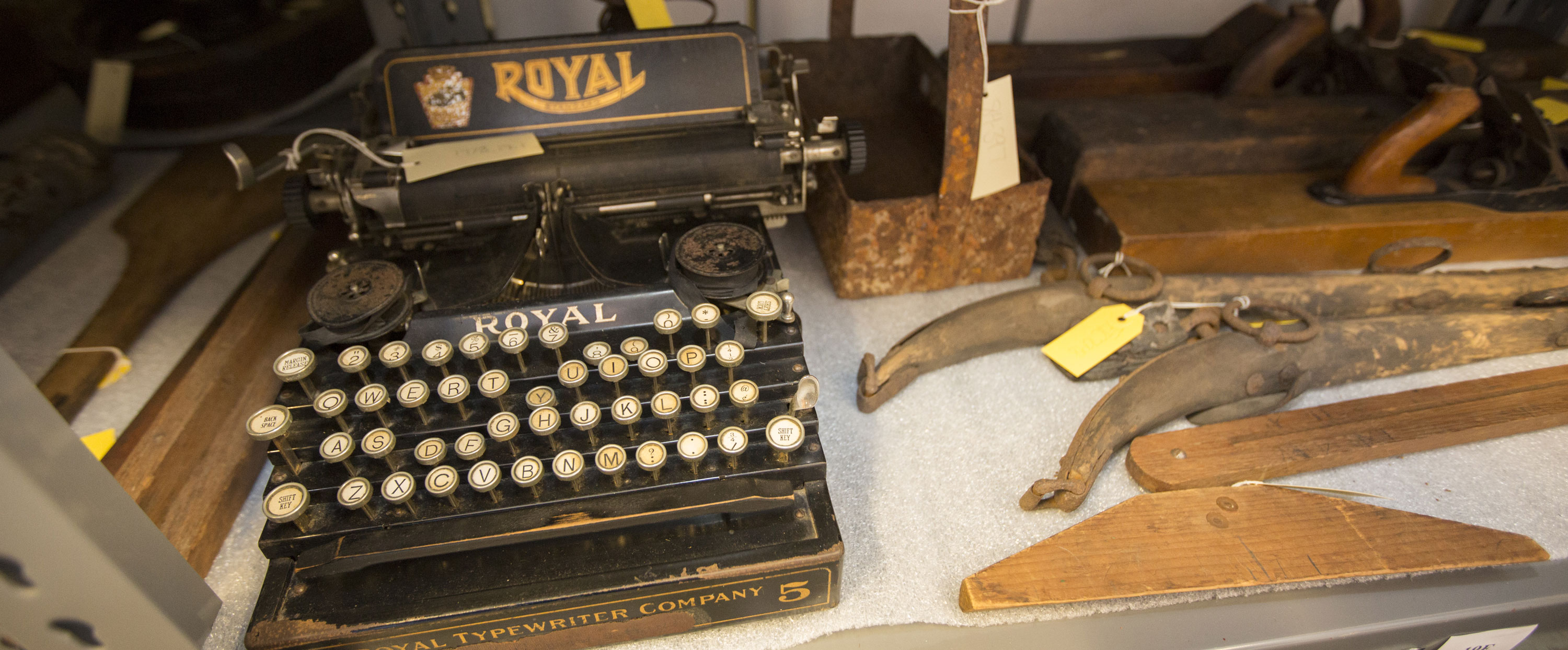NAGPRA
The Native American Graves Protection and Repatriation Act (NAGPRA) is a Federal Law passed in 1990 to protect Native American graves, human remains, and certain items of cultural importance. For centuries, colonizers looted Indigenous Peoples’ graves and sacred sites to display and research human remains, and other cultural artifacts without permission. NAGPRA sought to correct this at the institutions that receive federal funding.

